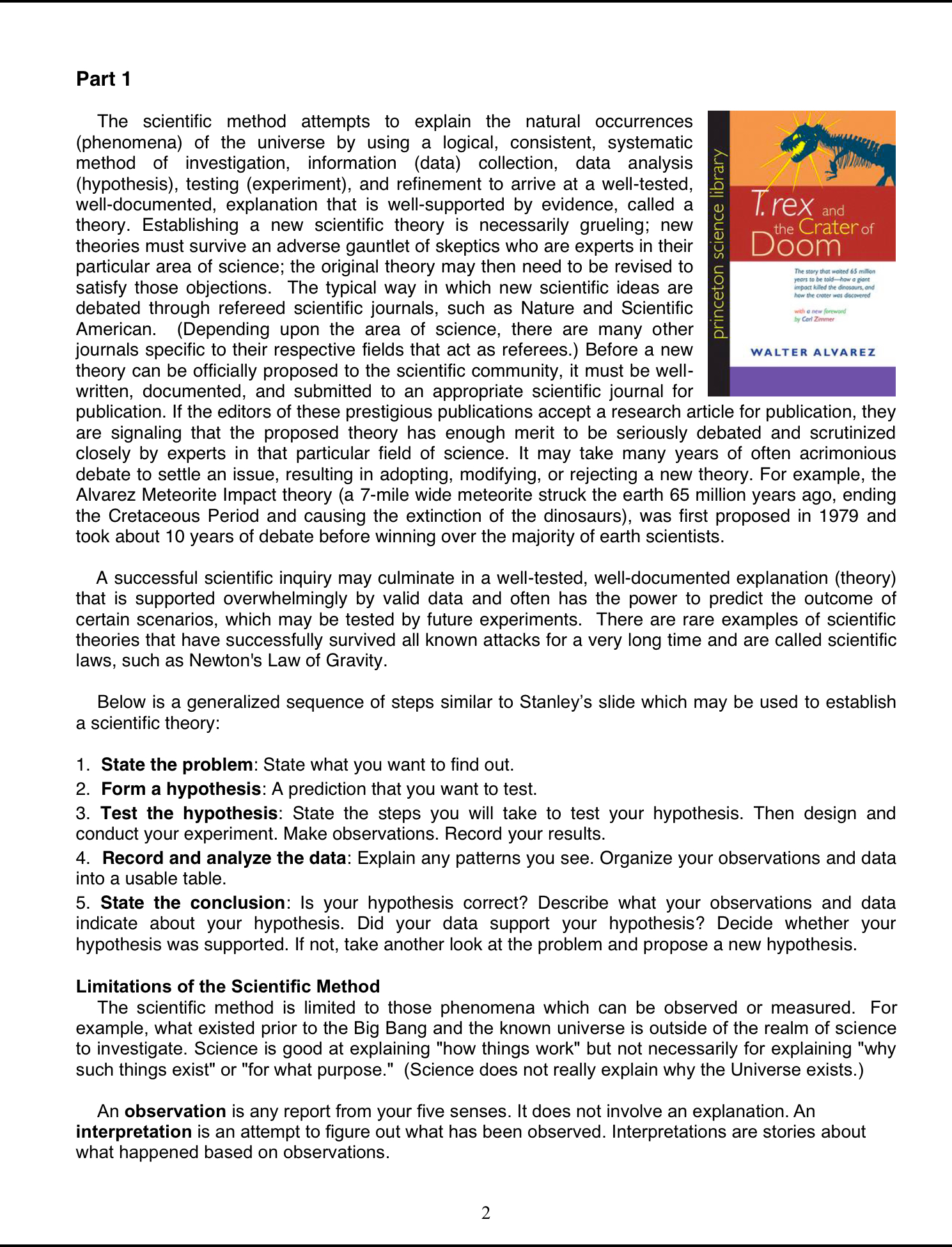What is the scientific method and its limitations?

Understand the Problem
The text discusses the scientific method, detailing the process of forming a hypothesis, testing it, and drawing conclusions. It emphasizes the importance of a systematic approach in scientific inquiry and addresses the limitations of the scientific method.
Answer
The scientific method systematically explores phenomena but is limited by testability, repeatability, existing knowledge, and ethical constraints.
The scientific method is a systematic way to investigate phenomena using observation, hypothesis formulation, experimentation, and analysis, leading to a theory. Its limitations include the need for hypotheses to be testable, repeatable experiments, constrained by current knowledge, and ethically challenging scenarios.
Answer for screen readers
The scientific method is a systematic way to investigate phenomena using observation, hypothesis formulation, experimentation, and analysis, leading to a theory. Its limitations include the need for hypotheses to be testable, repeatable experiments, constrained by current knowledge, and ethically challenging scenarios.
More Information
The scientific method helps explain natural occurrences via structured analysis but struggles with phenomena that are unobservable or ethically impossible to investigate.
Tips
A common mistake is assuming all phenomena are testable or repeatable; some cannot be directly observed or ethically experimented upon.
Sources
- Scientific Method Limitations - Ask About Ireland - askaboutireland.ie
- Steps of the Scientific Method - Science Buddies - sciencebuddies.org
- Limitations of the Scientific Method - Chemistry LibreTexts - chem.libretexts.org
AI-generated content may contain errors. Please verify critical information